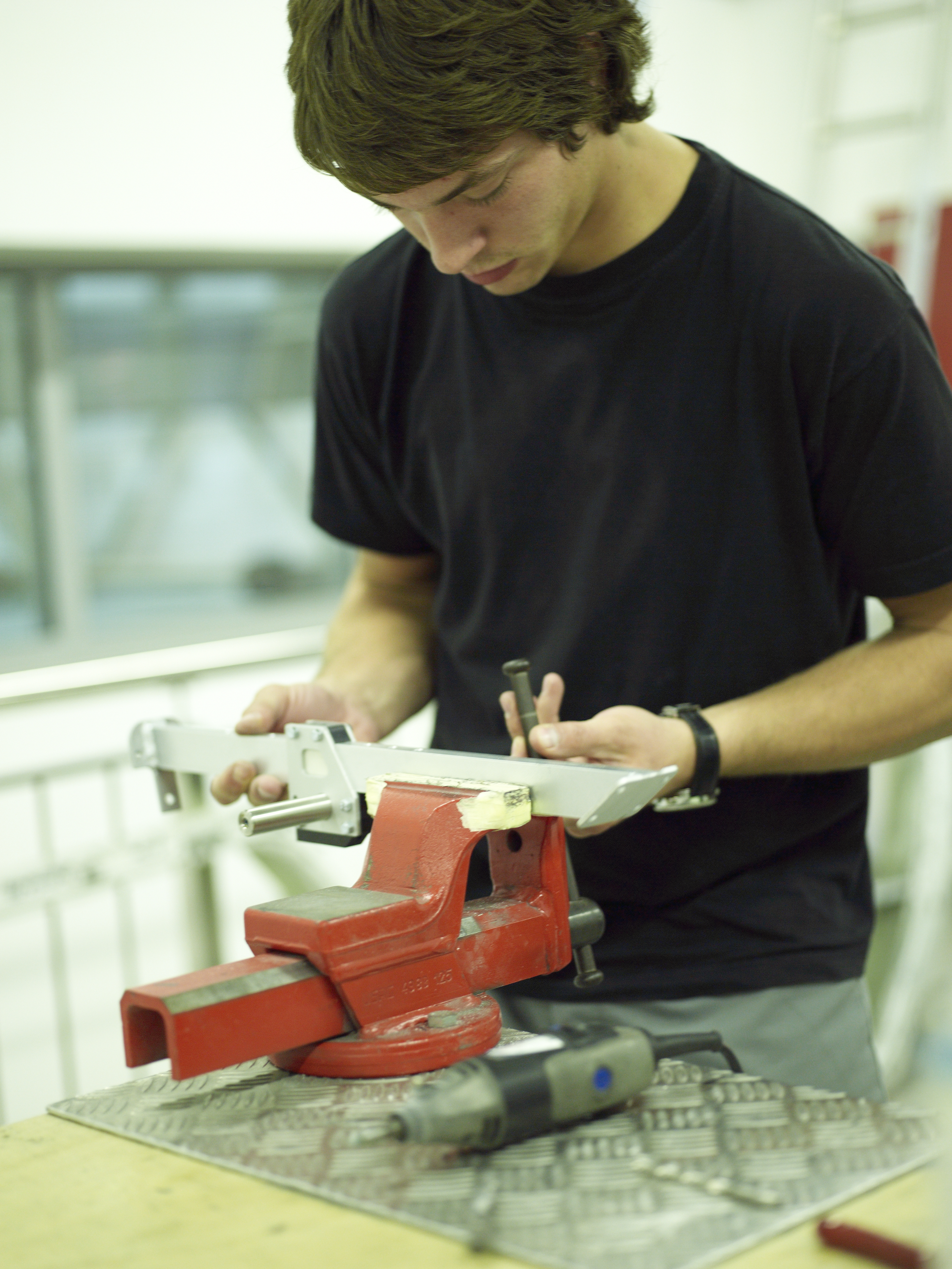WORKING TOGETHER TO HELP YOUNG PEOPLE GET WORK

More than 300 project ideas on how to get young people into the labour market were submitted by the deadline for applications to the new EEA and Norway Grants Fund for Youth Employment.
The Fund established by Iceland, Liechtenstein and Norway finances projects that help young people in Europe find employment as well as transferring measures that work in one country to another. Funding is also available for research on why some measures have greater effect than others.
Helping the long-term unemployed
The aim of the EEA and Norway Grants Fund for Youth Employment is to contribute to combat youth unemployment in Europe. To be complementary to existing EU funding, the Fund intends in particular to reach the long-term unemployed in the age group 25-29. These include women with family responsibilities, young people with health problems or disabilities, ethnic minorities and young people in rural areas.
“The applications received show that there is a need for funding for projects targeting the most vulnerable young people. In this way, the EEA and Norway Grants complement the EU funding in this area,” said Grethe Haugøy, Senior Sector Officer for Regional Funds at the Financial Mechanism Office, the secretariat of the EEA and Norway Grants.
Great interest in the Fund
When the deadline for applications passed 1 August, 303 project ideas from project groups involving entities from at least two countries were submitted. Entities from all over Europe have been actively searching for partners and the 303 applications involved a total of 2005 entities. Many of the applications are submitted by groups of NGOs. Most of the projects aim to go over several years.
With 303 applications, the total request for funding far exceeds the 60 million euros available for projects. Almost 828 million is requested as grants, underlying the huge interest in the Fund and the need for the measures supported.
Transnational projects involving entities from all over Europe
Youth unemployment is a common European challenges that can only be tackled by working together across borders. The Fund for Youth Employment supports transnational project initiatives and is open to entities in the 15 beneficiary countries of the EEA and Norway Grants as well as Ireland, Italy and Spain– countries with high youth unemployment. All these 18 countries are represented in the project groups that submitted project proposals, among them 25 Irish, 159 Spanish and 214 Italian entities.
According to the rules of the fund, only entities registered in a beneficiary country can be a lead partner of project consortia. Of the 303 applications, 49 were submitted by Greek lead partners, 47 by Romanian lead partners and 41 by Bulgarian lead partners.
Four out of ten projects ideas involve donor expert partners
As one of the objectives of the fund is to transfer knowledge on what works well when it comes to combating youth unemployment, institutions and organisations in the three donor countries as well as other EU member countries and international organisations may participate in the projects as expertise partners.
262 entities have taken on the role as expertise partner in the project consortia. About 39% of the consortia include a Norwegian or Icelandic expertise partner. 132 expertise partners come from the ten EU Member States besides the eligible countries, meaning that all EU Member States are represented as applicants.
Next steps
The best applications will be shortlisted and the selection approved by the donor countries. In the second application phase, these shortlisted candidates will receive support to cultivate their ideas to prepare for the submission of final applications on 1 November. The projects are expected to start in spring 2018.
About the EEA and Norway Grants Fund for Youth Employment
- 3 donor countries – Iceland, Liechtenstein, Norway
- € 60.6 million in funding – one call for project proposals
- Supporting transnational projects that promote quality youth employment
- Aims to finance projects that help young people find employment and transfer measures that work well in one country to another. Research on what works well is also support.




